TEL 1-844 303-1900
CALL US FOR YOUR APPOINTMENT NOW


MOSQUITO SAFETY
For many travelers mosquitos can pose some of the most dangerous risks.
Diseases such as Malaria, Yellow fever, Dengue Fever, Japanese Encephalitis, Chikungunya Fever and others are transmitted from person to person by mosquitos.
HOW TO BEST PROTECT AGAINST MOSQUITO BITES?

USE MOSQUITO NETS AND MOSQUITO REPELLENTS
There are a variety of mosquito nets available. Your choice will depend on the need for portability and how you will be able to suspend the net. Nets can be purchased at stores such as Mountain Co-op, Le Barons and Bass Pro Shops amongst others. Here are images of various examples of mosquito nets.

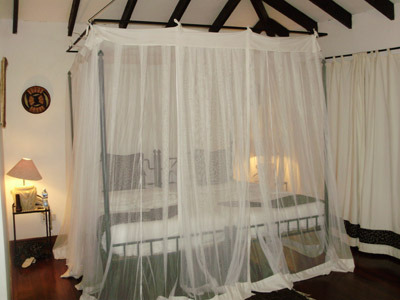
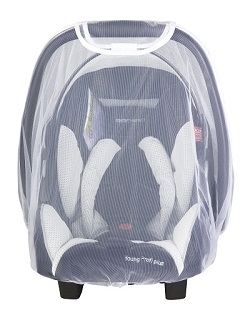
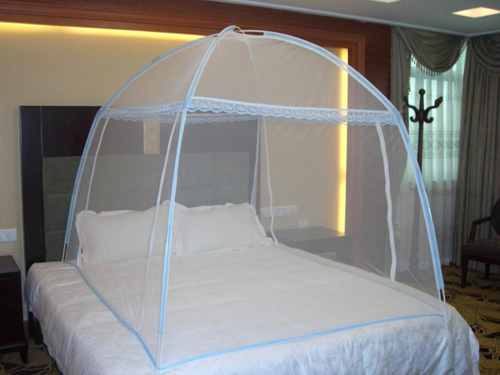
PROTECTIVE MEASURES TO REDUCE BITES
Try and avoid places when mosquitos are most active. Damp and wooded areas are where mosquitos live and breed.
- Reduce your outdoor exposure between dusk and dawn. This is when the female anopheles mosquito bites.
- Wear long sleeves and long pants/skirts. (if the weather allows)
- Wear light colored clothing. Dark clothing affords camouflage to the mosquito.
- Sleep under a mosquito net at night. These may be impregnated with permethrin, which further increases their efficacy.
- Use a repellent containing DEET. This is the most effective repellent.
- Use repellant that has a DEET concentration between 22% and 50%.
- Between dusk and dawn, apply the repellant every 5-6 hours (or earlier if needed) on all exposed areas of the skin and areas that may become exposed later on in the day.
- In regions where there is Dengue Fever apply the repellant during the day as well.
- Garlic, Vitamin B, and ultrasound/zappers do not work.
- If sunscreen is needed, the recommendation is to apply sunscreen first, before applying the repellent.
- Clothing, shoes, bed nets, mesh jackets, and camping gear can be treated with permethrin for added protection. Permethrin should never be applied to skin, but only to clothing, bed nets, or other fabrics as directed on the product label.
- Do not use DEET on clothing. DEET can damage clothing, leather and car seats, but it is safe on human skin.
- DEET is safe in children down to two months of age.
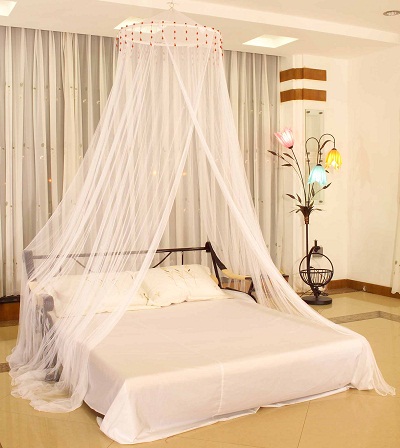
Precautions when Using Insect Repellents
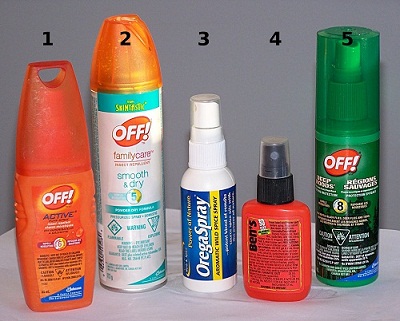
- Apply repellents only to exposed skin and/or clothing, as directed on the product label. Do not use repellents under clothing.
- Never use repellents over cuts, wounds or irritated skin.
- Do not apply repellents to eyes or mouth, and apply sparingly around ears. When using sprays, do not spray directly on face-spray on hands first and then apply to face. Wash hands after application to avoid accidental exposure to eyes.
- Do not allow children to handle repellents. When using on children, adults should apply repellents to their hands first, and then put it on the child. It may be advisable to avoid applying to children's hands.
- Use just enough repellent to cover exposed skin and/or clothing. Heavy application and saturation are generally unnecessary for effectiveness. If biting insects do not respond to a thin film of repellent, apply a bit more.
- After returning indoors, wash treated skin with soap and water or bathe. This is particularly important when repellents are used repeatedly in a day or on consecutive days. Also, wash treated clothing before wearing it again. (This precaution may vary with different repellents - check the product label.)
- If anyone experiences a rash or other bad reaction from an insect repellent, the repellent use should be discontinued, the repellent should be washed off with mild soap and water, and a local poison control center should be called for further guidance. If seeking health care because of the repellent, take the repellent to the doctor's office and show the doctor.
